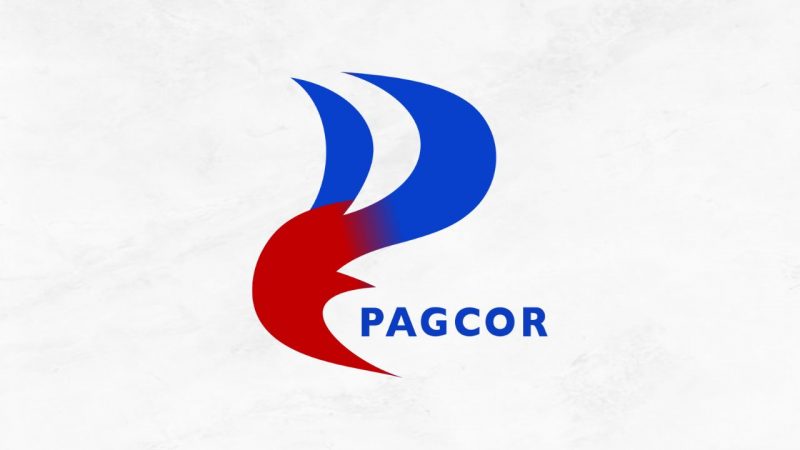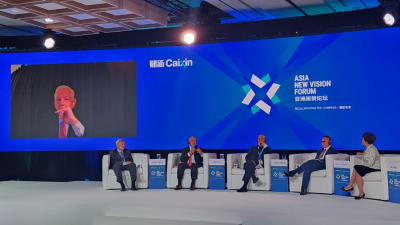MANILA – The Philippine Amusement and Gaming Corporation (PAGCOR) announced plans to further reduce gross gaming revenue (GGR) remittance rates for both online and on-site betting platforms starting January 1, 2025, in a bid to boost foreign investments in the country.
PAGCOR Chairman and CEO Alejandro Tengco revealed that license fees would drop to 30% for brick-and-mortar casinos and 25% for integrated resorts engaged in online gaming. Speaking at the Inside Asian Gaming Academy Summit held in Hilton Manila, Pasay City, Tengco emphasized that these cuts aim to make the Philippines more competitive with global industry standards.
“By lowering our license fees, we hope to attract and retain more investors, enhancing our position as a gaming hub,” Tengco said.
The fee reduction is also expected to combat illegal gaming operations. Tengco noted that unregulated markets had been outperforming licensed operators due to their lower costs, leading many licensees to close shop. A previous cut in the GGR rate from 55% to 35% earlier this year already encouraged illegal operators to seek proper licensing from PAGCOR.
Gaming Revenue Growth
PAGCOR remains on track to meet its PHP335-billion industry GGR target for 2024, driven by the steady rise of the local gaming industry. In the first quarter, the GGR reached PHP82 billion, a 20% increase from the previous year, while the second quarter posted a 32% surge, hitting PHP90 billion.
The casino sector, particularly in Entertainment City, Parañaque, Clark, Pampanga, and key tourist destinations like Boracay, is expected to contribute PHP257 billion to this year’s total GGR. Tengco attributed the growth to the booming electronic games sector, propelled by advancements in technology and the increasing use of mobile devices.
Tengco projected that the e-games sector would generate close to PHP100 billion by year-end, making it the fastest-growing segment within PAGCOR.
Future Industry Expansion
Tengco highlighted that additional integrated resort casinos are in the pipeline, with a new one set to launch in Entertainment City by 2025. Further developments are expected in Cebu and Boracay by 2026, and Central Luzon is being considered for a new resort by 2027. Another Solaire property is slated for southern Luzon by 2028.
These expansions are anticipated to boost not only gross gaming revenues but also tourism and employment opportunities across the country. “As more industry players invest in the Philippines, we continue to solidify our reputation as a prime entertainment and tourism destination,” Tengco said.
ia/mnm







